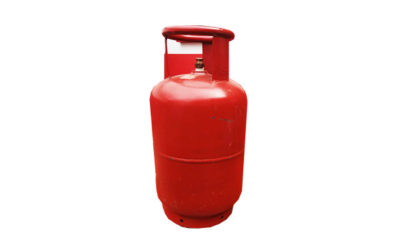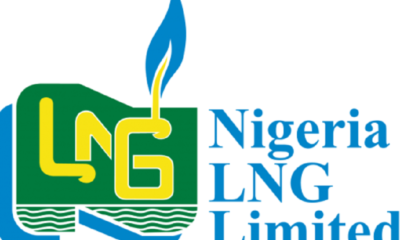- Gas Scarcity Looms As Operators Await NLNG’s Supply
There is rising fear of an imminent scarcity of Liquefied Petroleum Gas, popularly known, as cooking gas as most depots are out of stock, especially in Lagos State after the Nigeria LNG Limited failed to supply the commodity.
Usually, the Nigeria LNG Limited, which is based in Port Harcourt, makes use of the vessel to deliver cooking gas to Lagos at least twice in a month, and then buyers take the commodity to different parts of the country by trucks.
Why it matters: The supply shortfall has already led to an increase in the retail price of the commodity in Lagos and some part of the country.
If the vessel does not arrive anytime soon, then those who still have some in stock will have to withhold it, until they are sure they will get a supply. This however basically means two things, scarcity and higher price.
What authorities are saying: Mr Bassey Essien, the Executive Secretary of the Nigerian Association of Liquefied Petroleum Gas Marketers, confirmed to Punch on Monday that the vessel has not delivered the commodity this month in Lagos State.
Meanwhile, there are speculations that the vessel would likely arrive in Lagos on Tuesday or Wednesday.
Earlier on Friday, NLNG spokesperson, Sophia Horsfall disclosed that the company delivered 12,000 metric tonnes to the Navgas terminal in Apapa, Lagos State on 15th of October, adding, “Our next delivery for about the 10th of November will be to NOJ terminal in Lagos.”
According to her, the company began delivery to Stockgap Terminal in Port Harcourt last month due to the conclusion of technical approval processes required to deliver the product to it.
The liquefied natural gas producing company had in a letter last week assured off-takers that the inclusion of the terminal would not adversely impact on its Lagos buyers.
“We also recommenced deliveries to the Navgas terminal in September following resolution of some operational challenges, which creates more avenues for NLNG to deliver volumes into Lagos.
“So as it stands now, we will be delivering volumes to Lagos and Port Harcourt; so our deliveries will be shared across NOJ, Navgas and Stockgap terminals,” it said.

 Forex3 weeks ago
Forex3 weeks ago


 Naira2 weeks ago
Naira2 weeks ago
 Billionaire Watch2 weeks ago
Billionaire Watch2 weeks ago




 Naira2 weeks ago
Naira2 weeks ago




 Naira2 weeks ago
Naira2 weeks ago




 Naira4 weeks ago
Naira4 weeks ago


 Naira7 days ago
Naira7 days ago
 Banking Sector4 weeks ago
Banking Sector4 weeks ago
















